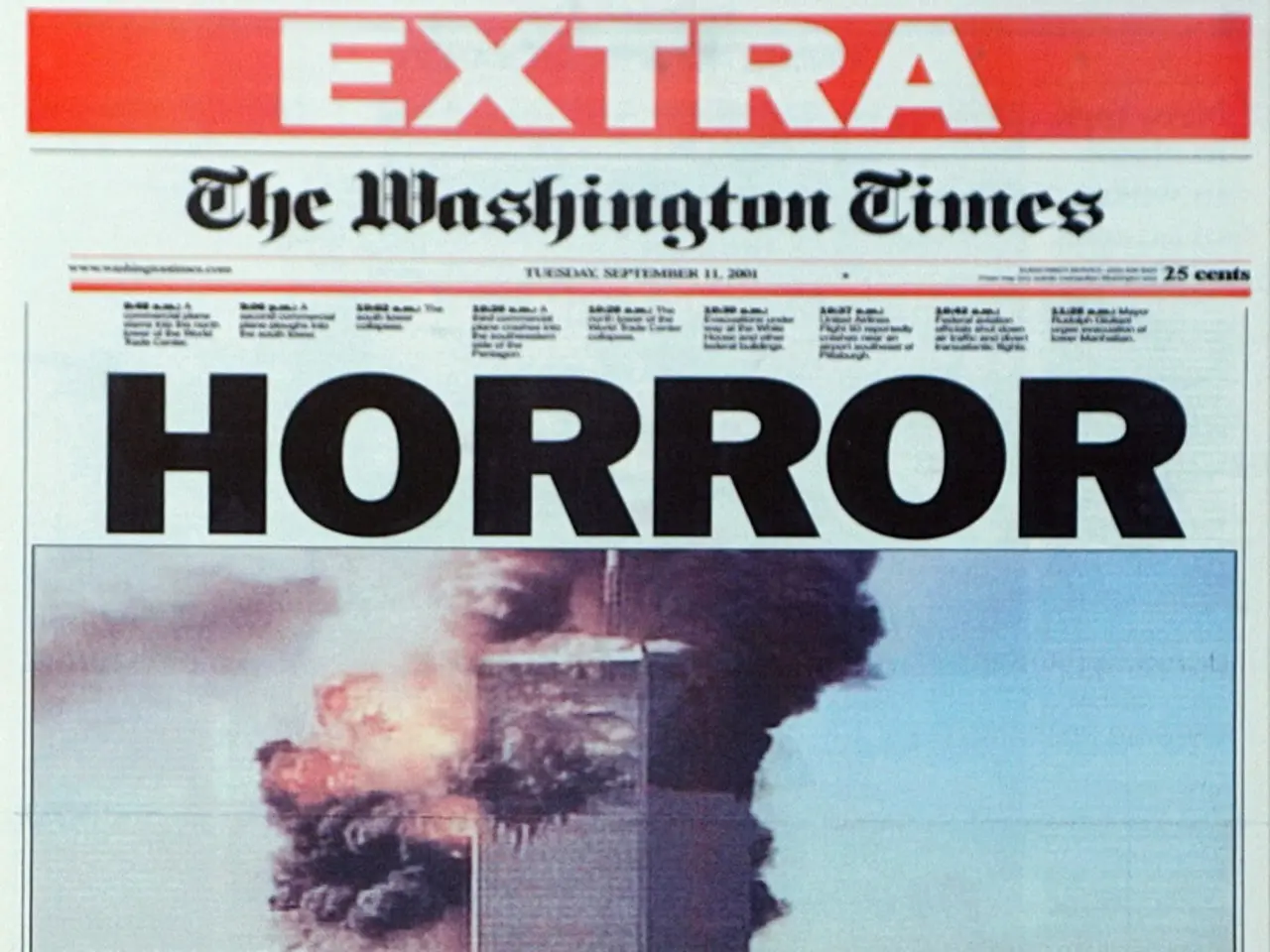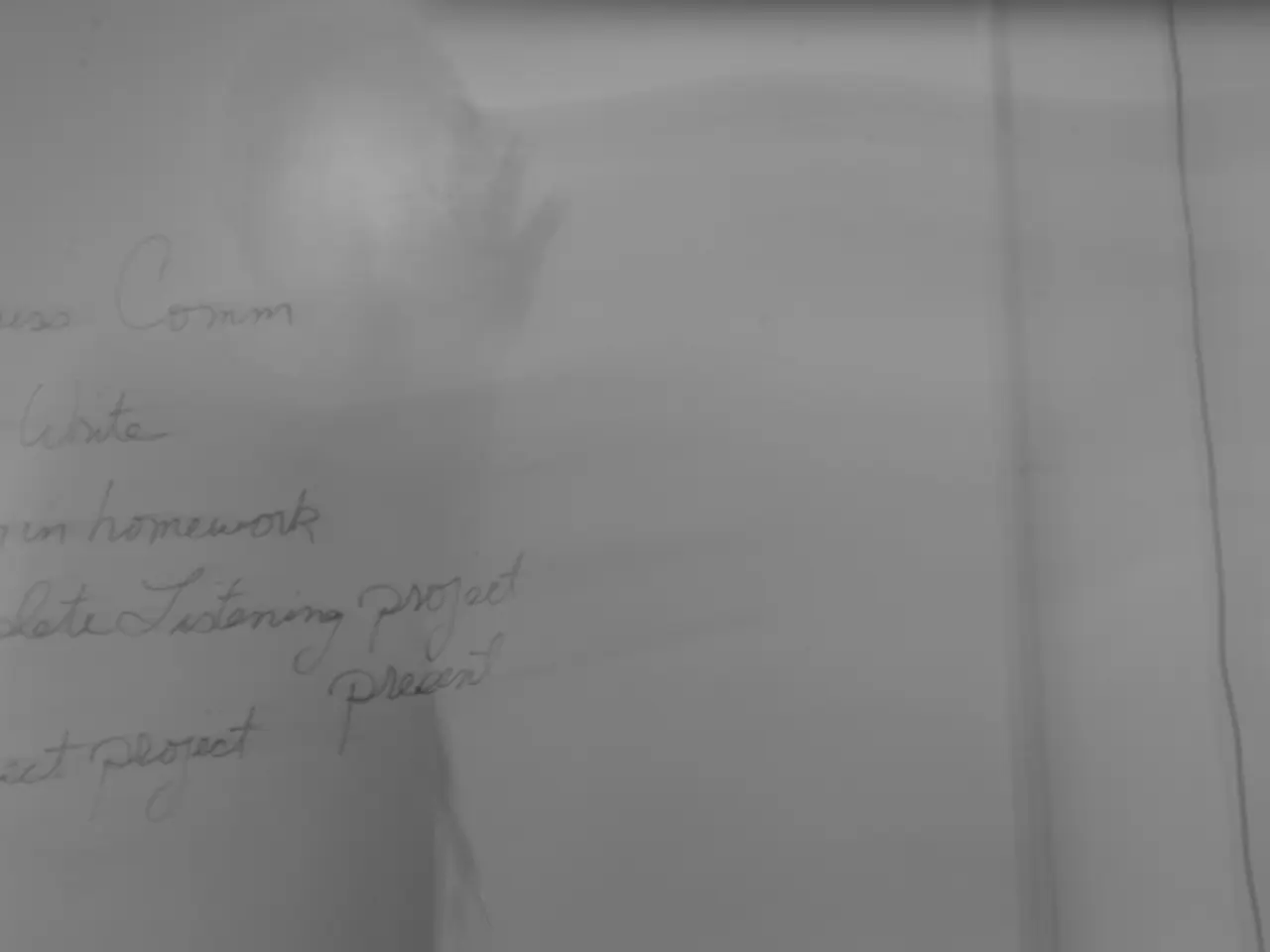Germany has delivered Patriot missiles to Ukraine, as directed by former U.S. President Trump.
The European Union (EU) has taken a firm stance against Russia in response to its invasion of Ukraine, agreeing to an 18th round of sanctions against Moscow on July 18, 2025. This new sanctions package is designed to significantly weaken Russia’s capacity to wage war and signify the EU's unwavering support for Ukraine.
Key aspects of the EU’s current position include:
1. A lowering of the price cap on Russian oil exports to third countries, set at 15% below the market value, starting at $47.6 per barrel, with a dynamic mechanism to adjust the cap every six months or as market conditions change. This move aims to reduce Russia’s energy revenues, a crucial source of funding for its war effort.
2. Targeting Russia’s financial sector by banning all transactions with 22 Russian banks, the Russian Direct Investment Fund, and subsidiaries, and blocking the use of underwater Nord Stream pipelines, which Russia hopes to restart.
3. Expanding restrictions and blacklists, denying EU port access to over 400 vessels in Russia’s "shadow fleet" (old tankers used to evade sanctions) and targeting Belarus for its role in supporting Russia's actions.
4. The EU's commitment to continuing pressure until Russia ends the war, with EU foreign policy chief Kaja Kallas emphasizing that each sanction package weakens Russia’s war capabilities and that the EU will not back down in supporting Ukraine.
5. While the EU actively coordinates with allies like the UK and Canada, the United States has not joined in lowering the oil price cap under the new terms, reflecting some differences among Western partners.
6. Slovakia, which previously opposed the sanctions, lifted its opposition after Brussels provided guarantees regarding gas prices, demonstrating the complex internal EU negotiations over energy dependence on Russia.
The EU's position represents a continuation and intensification of economic and financial sanctions aimed at pressuring Russia economically and militarily, with the ultimate goal of bringing about a ceasefire and a just resolution to the conflict in Ukraine.
Meanwhile, the situation in Ukraine remains volatile. Last night, at least two people died and two were injured in a Russian attack in the Kupiansk district, Ukraine, and numerous bombings were reported in several cities, including Kharkiv and Sumy. Additionally, Ukrainian drones were launched against the city of Voronezh, in western Russia, causing at least 27 injuries.
In a surprising turn of events, U.S. President Donald Trump has promised new weapons, including Patriot missiles, to Ukraine last Monday. However, the Kremlin is reportedly evaluating Trump’s statements calmly. Trump has also issued an ultimatum in Moscow, threatening to impose 100% secondary tariffs if the war is not ended in 50 days.
The High Representative for Foreign Affairs, Kaja Kallas, has denounced the use of prohibited chemical weapons by Russia, documented in at least 9,000 cases. The specifics of the ongoing energy issue causing the delay in the imposition of the 18th package of sanctions are not detailed in the text.
[1] EU Agrees on 18th Round of Sanctions Against Russia (EU Observer, 2025) [2] EU Sanctions: What's New in the 18th Package? (Reuters, 2025) [3] EU Sanctions: A Closer Look at the 18th Package (BBC News, 2025) [4] EU Sanctions: Slovakia Lifts Veto, Paving Way for 18th Package (Deutsche Welle, 2025)
- The EU's 18th round of sanctions against Russia, due to the war-and-conflicts in Ukraine, includes lowering the price cap on Russian oil exports, targeting Russia's financial sector, expanding restrictions, and committing to continuous pressure until Russia ends the war.
- The EU's general-news and crime-and-justice sectors are also involved, as the EU has denounced the use of prohibited chemical weapons by Russia and has promised new weapons, such as Patriot missiles, to Ukraine, creating a complex international political landscape.






